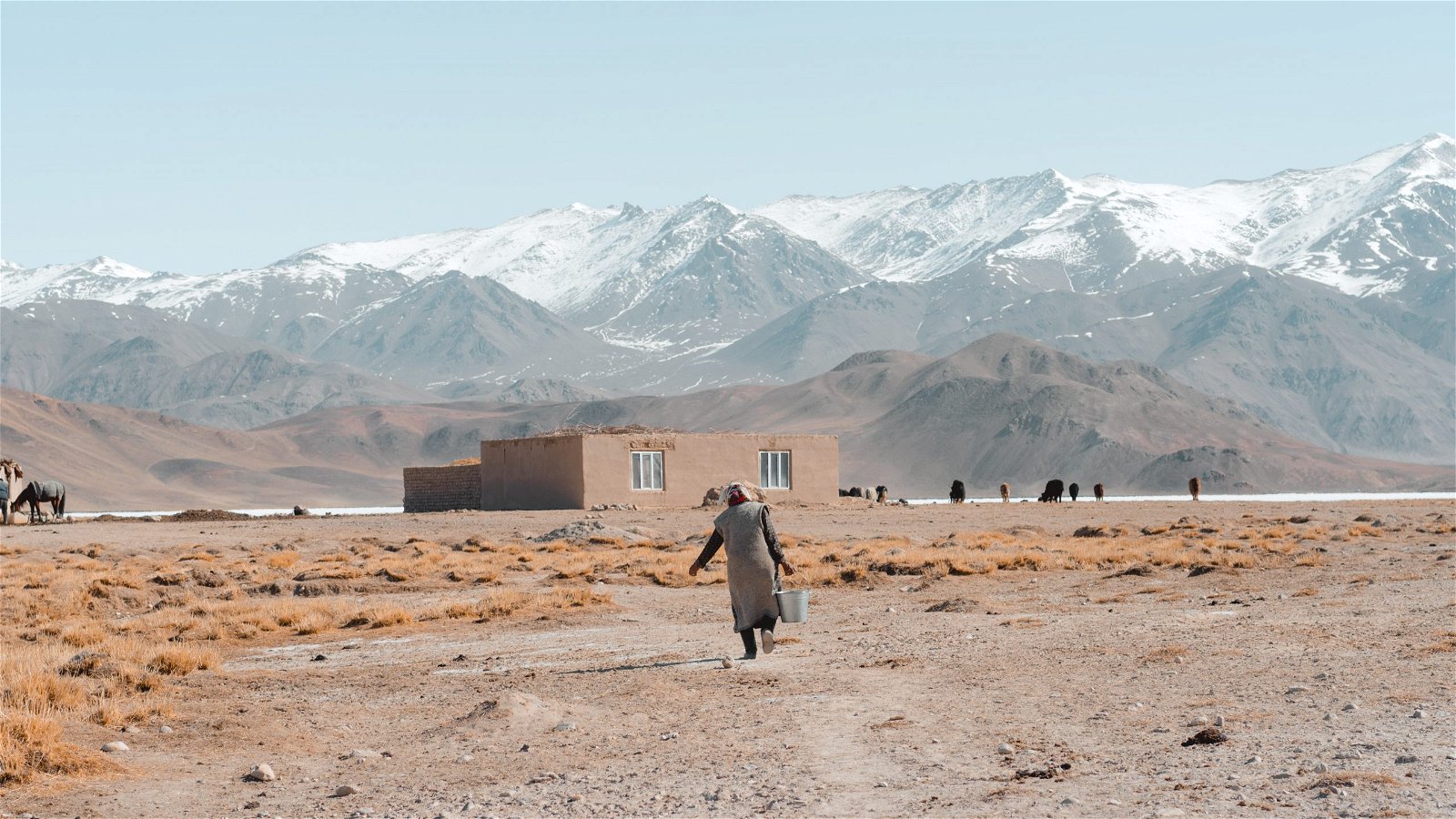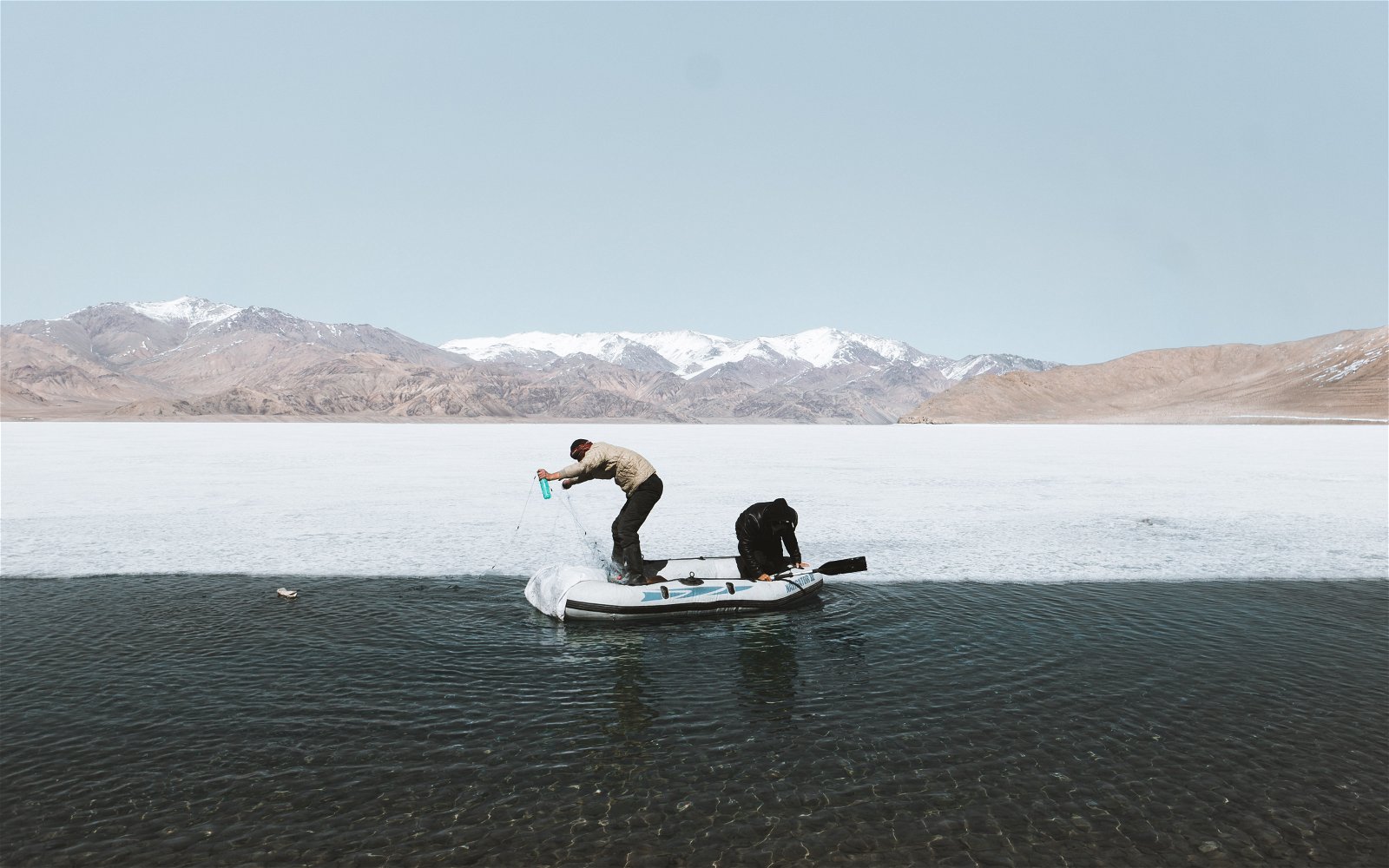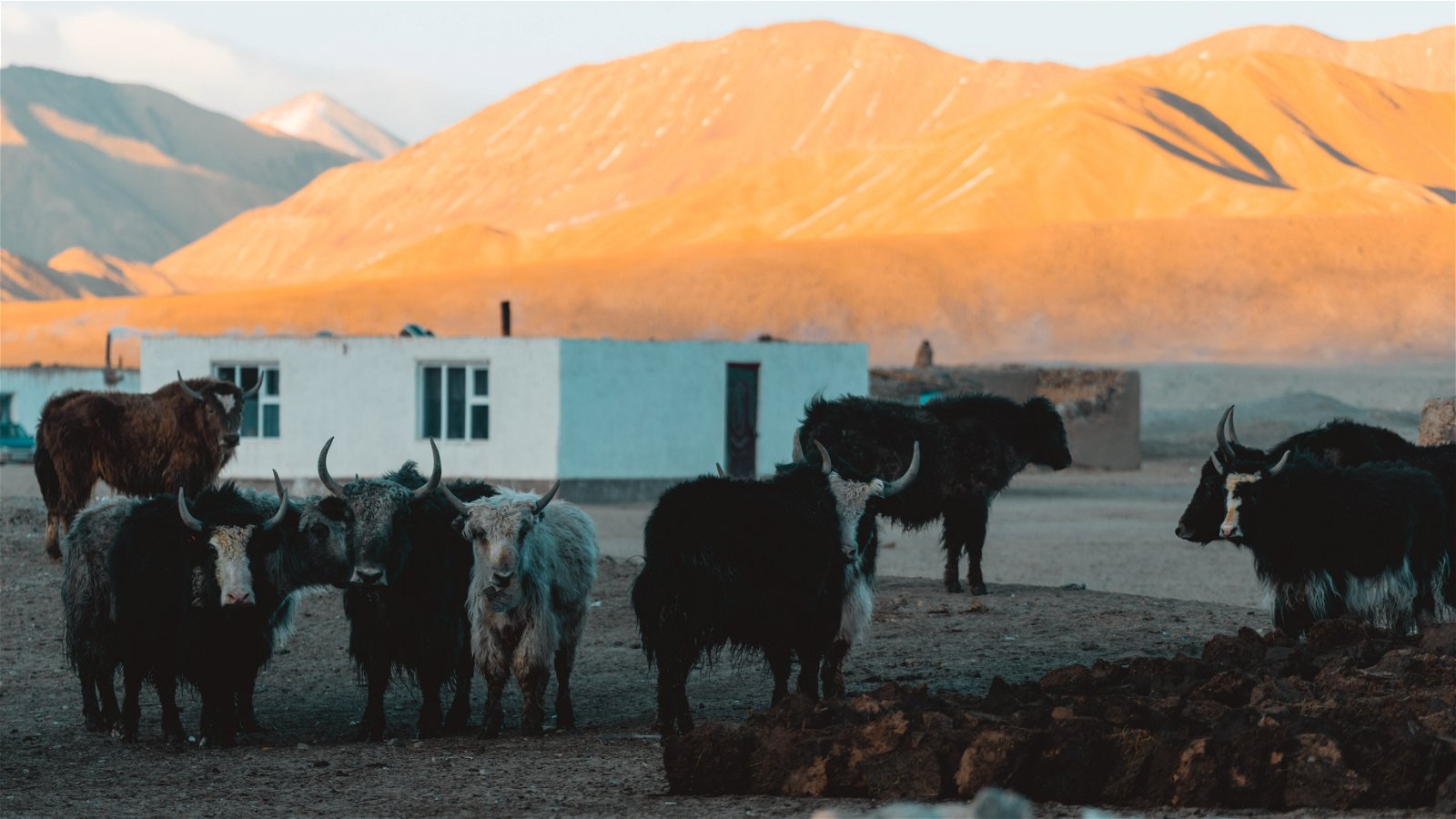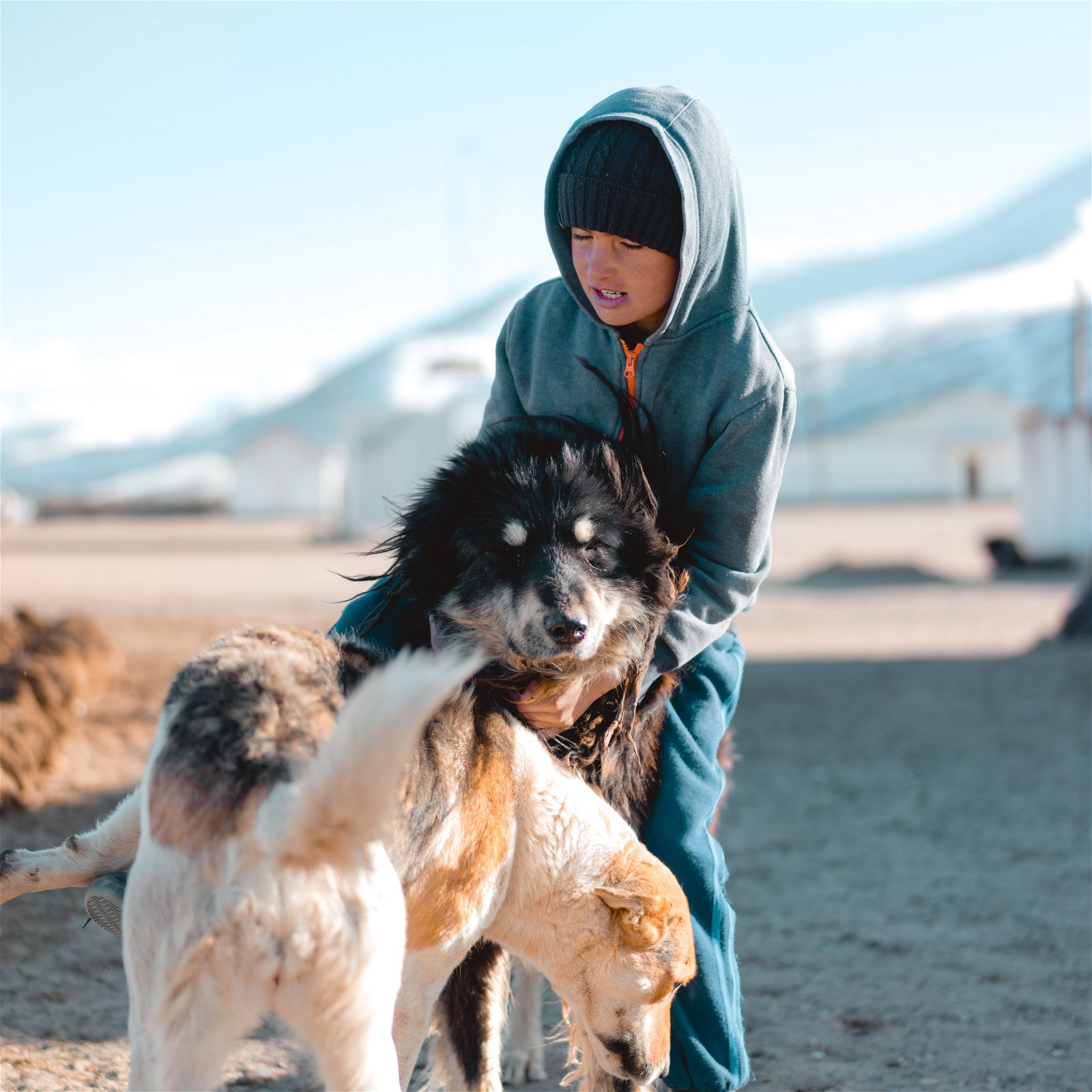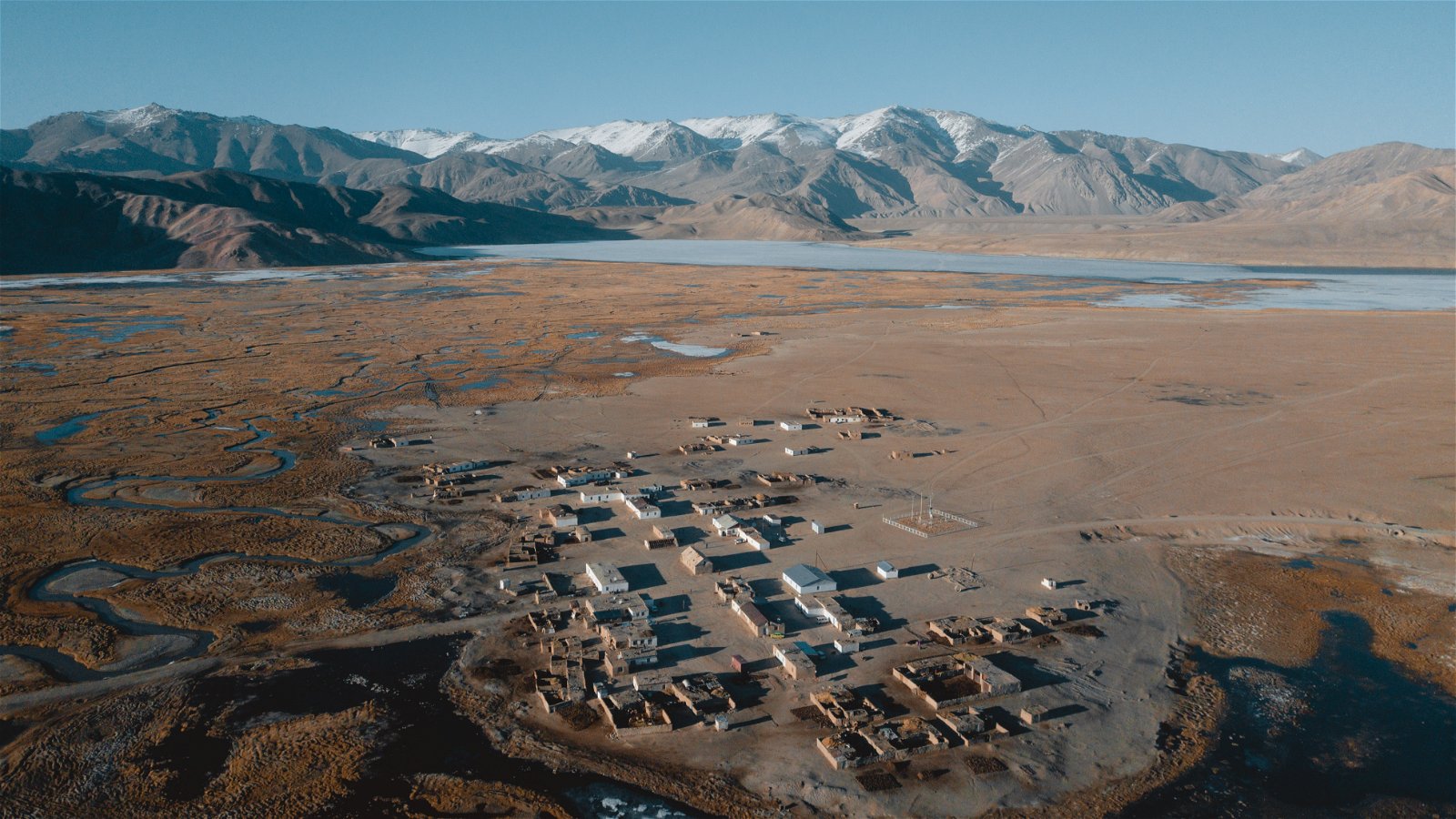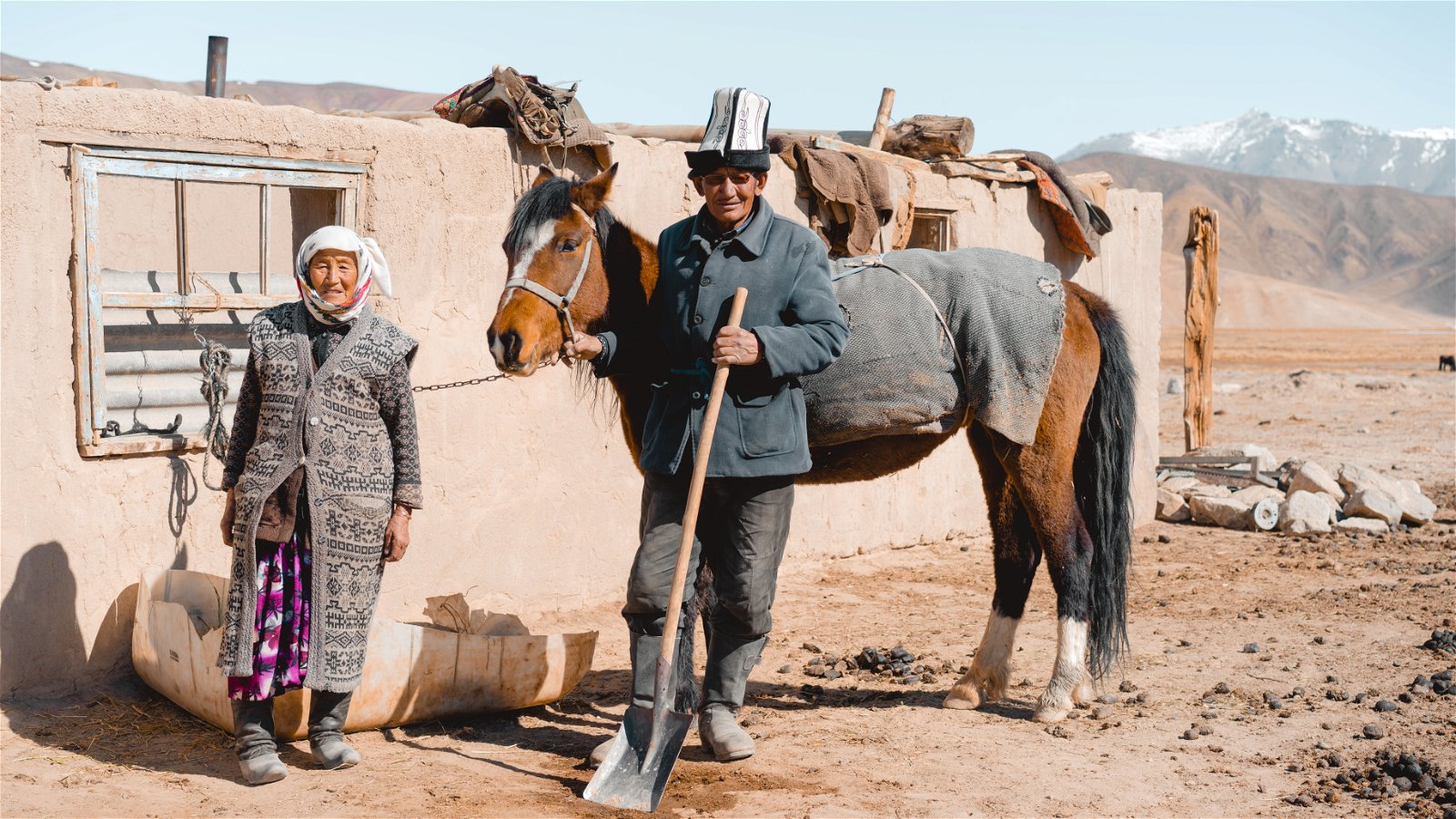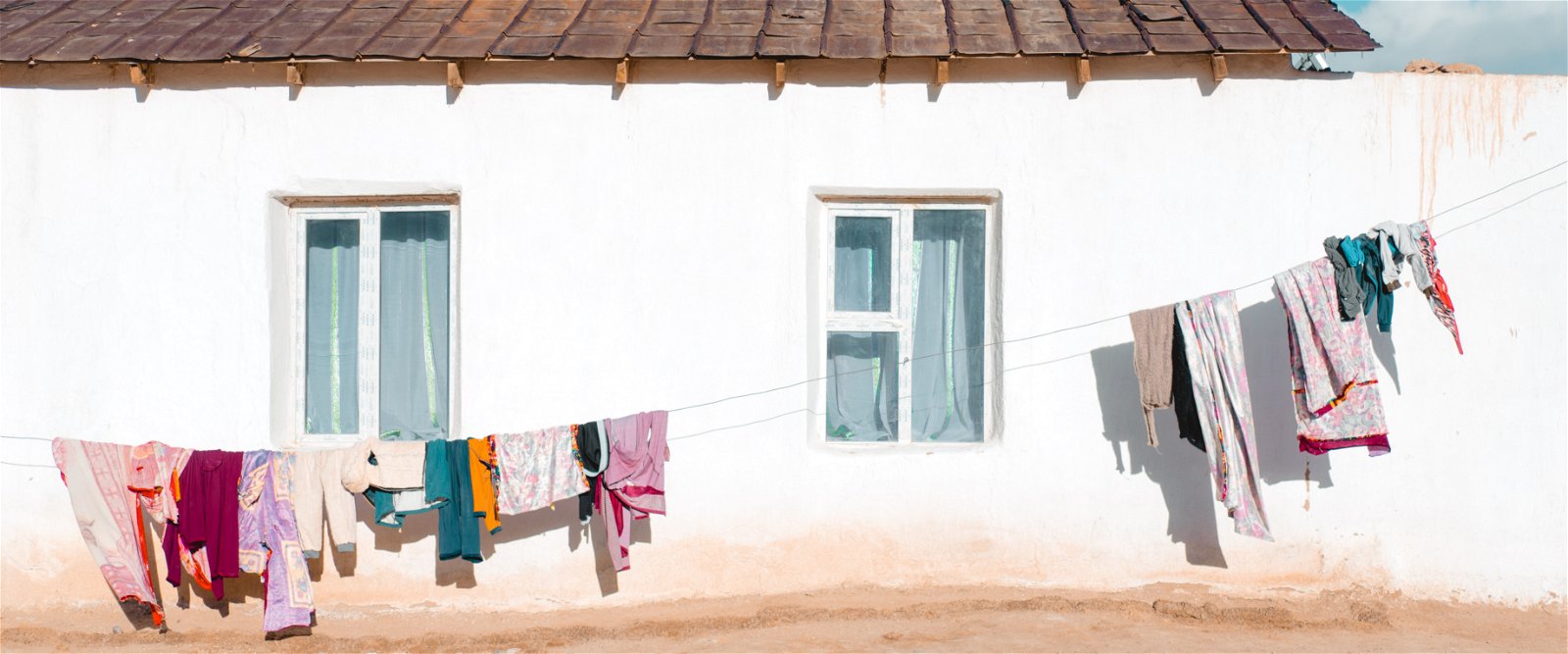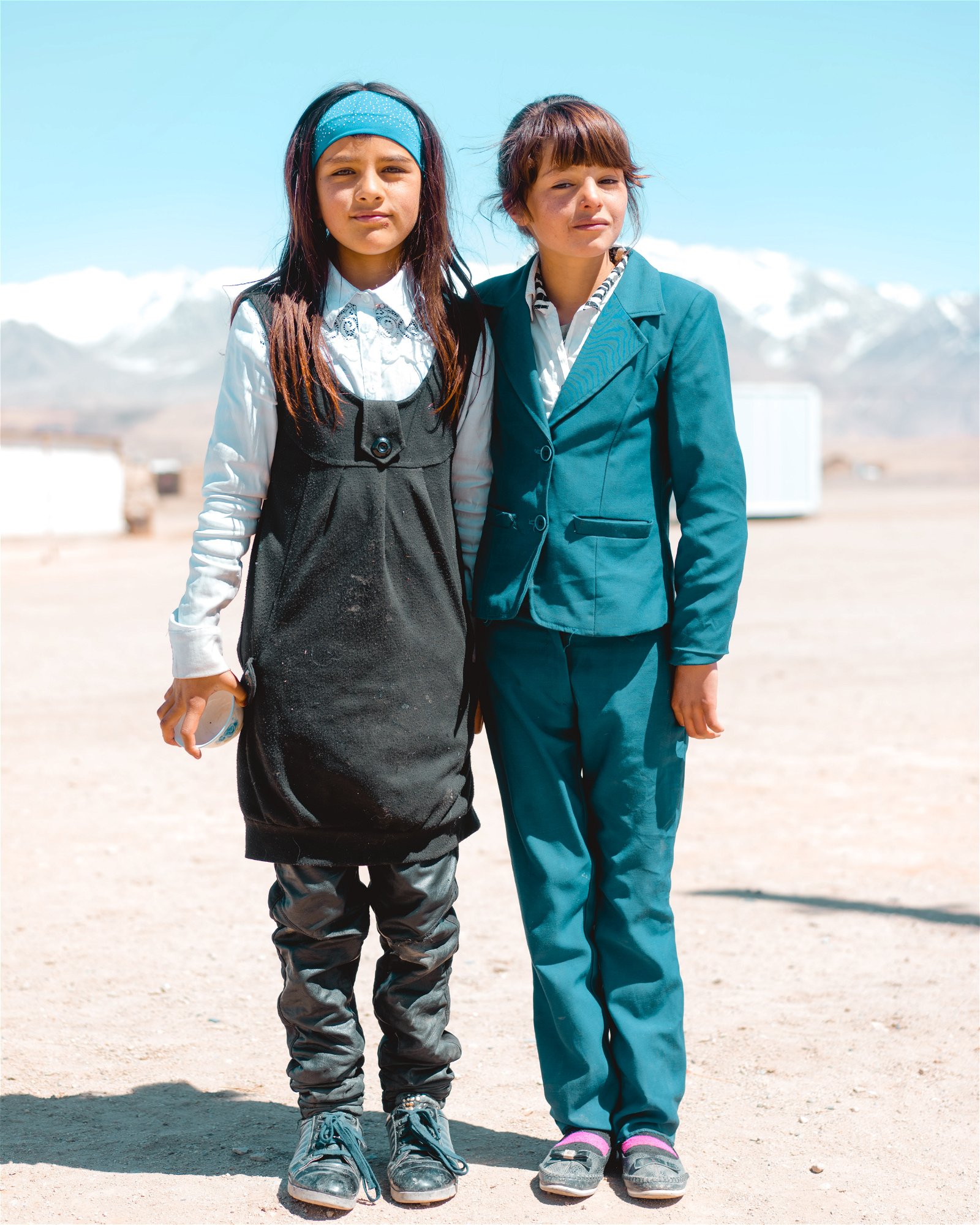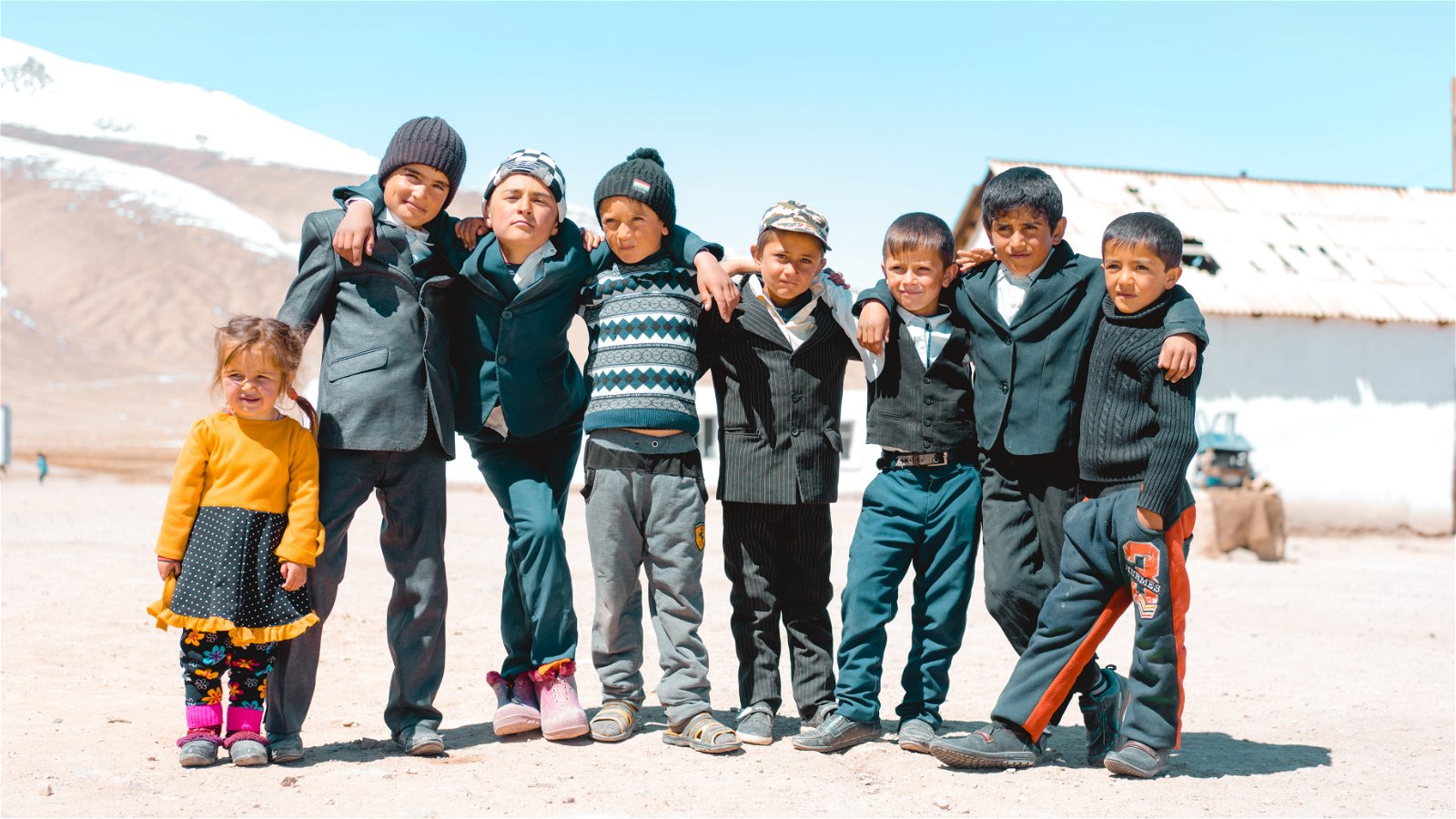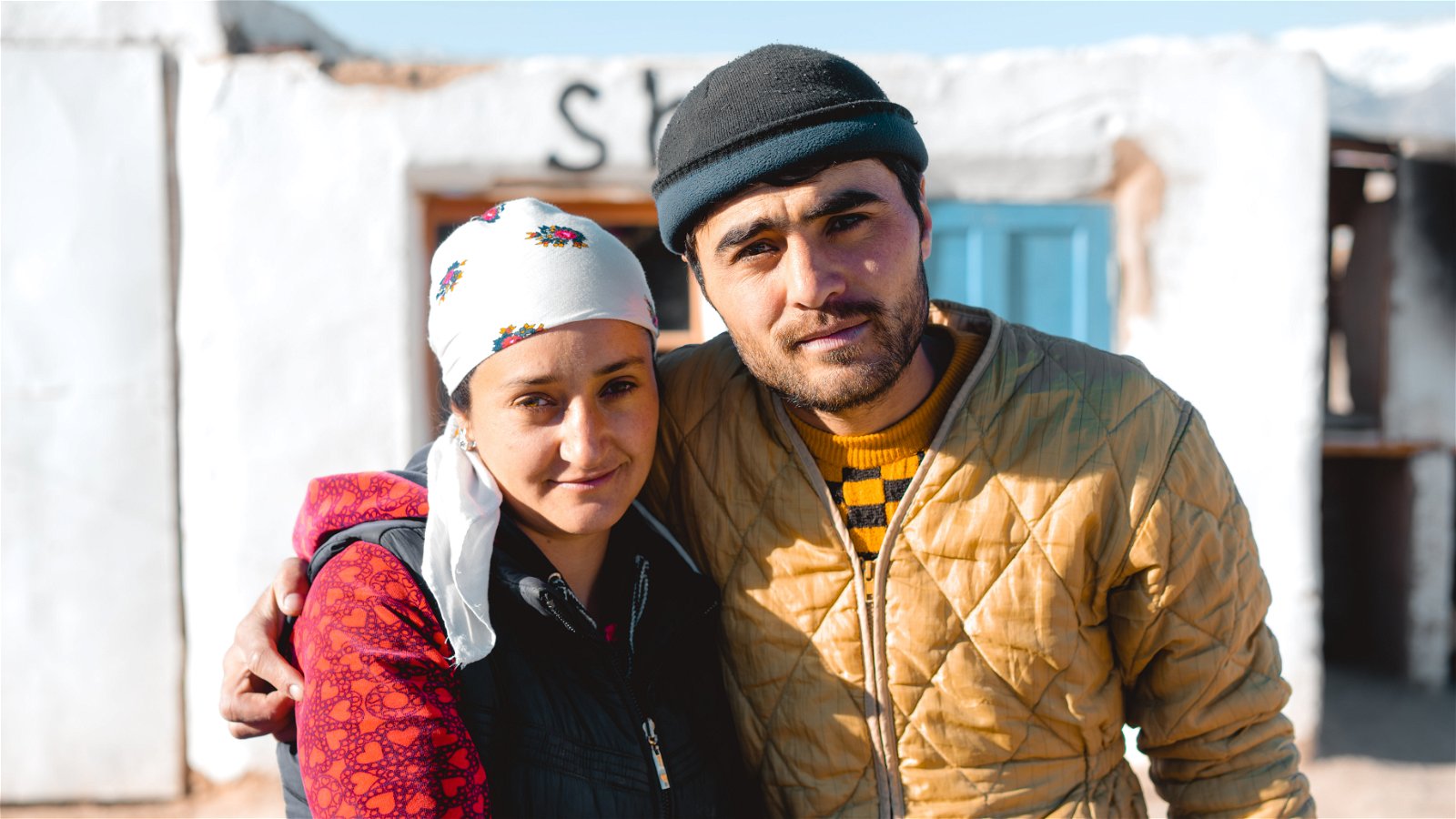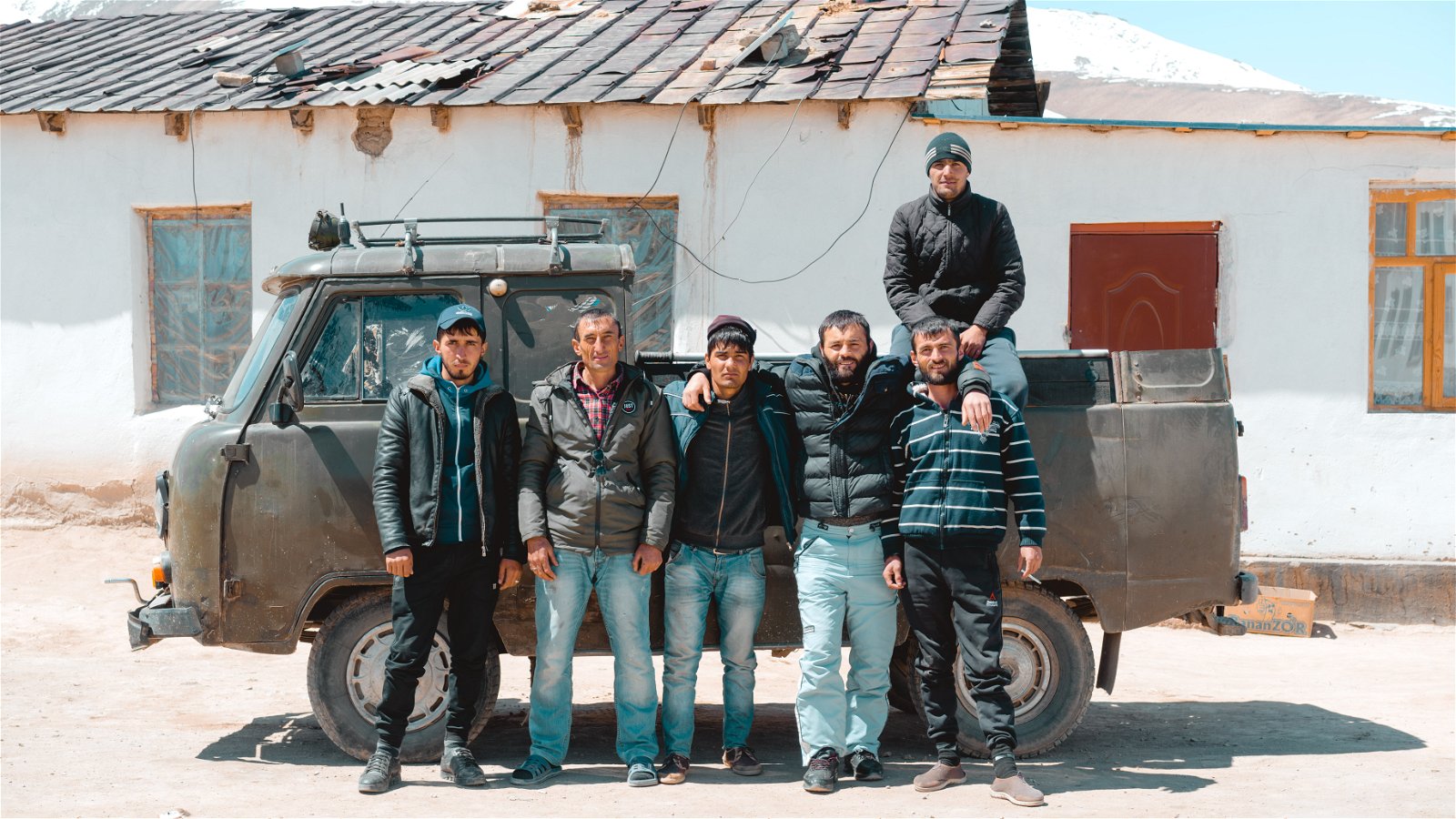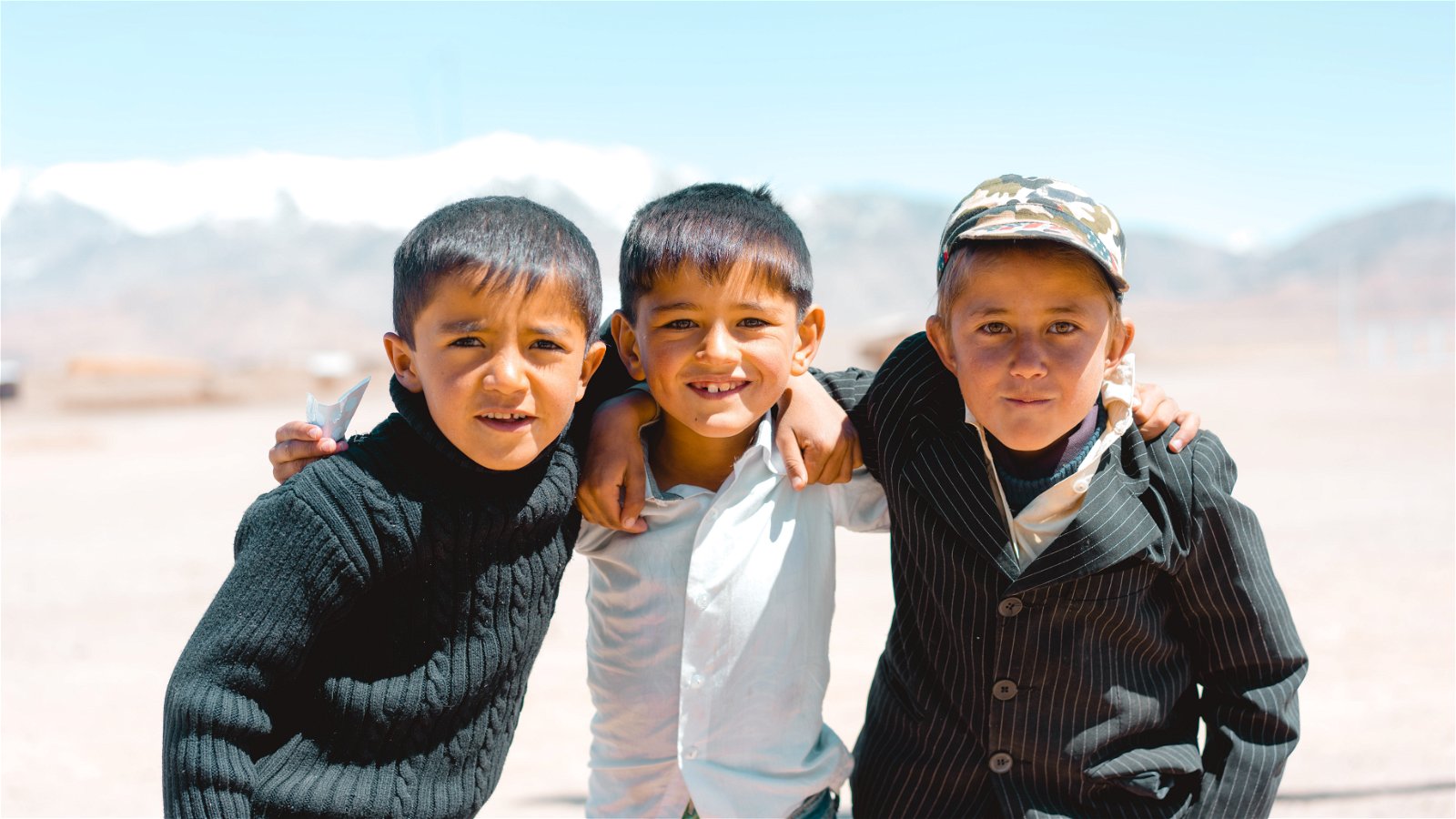Photographer, writer, and outdoor enthusiast, Alex Pflaum has spent much of his life looking for the next challenges and human interactions. Through photography, he has been able to keep his wheel of passion spinning and his talent is one that deserves to be shared.
Never spending more than a few years in the same place, Alex is constantly redefining his definition of home and always adapting to new environments and cultures as he goes. Through photography and storytelling, he hopes to inspire others to be curious and to, likewise, seek new adventures.
His recent book is another step in this direction. “Overland; Through the Middle of the World” takes the reader on a stunning visual journey to Central Asia and its almost forgotten lands, from Turkey all the way to the far reaches of Inner Kyrgyzstan.
In this beautiful photo essay collection, Alex celebrates the beauty and rich history of the Silk Road, explores the region’s diverse nature, and tells the stories of people he met along the way.
Below you can find the story about Bulunkul, one of the stories from the book:
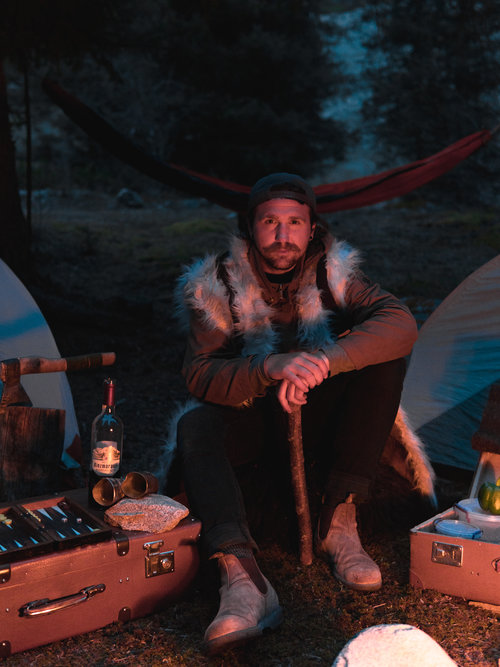
?????
Hidden deep within the Pamir Mountains of Tajikistan, where the nights know no lights but the stars, you may stumble upon a road far from any other that comes to a rather abrupt end. At the end of this road you’ll find the 45 homes, and 306 people of Bulunkul. Otherwise known as the coldest town in Central Asia. Beside it resides a sizable lake of the same name. Home to many fish, and for very brief moments of Summer, unfrozen water to swim.
In Bulunkul, you won’t find running water or almost any signs of electricity. You will, however, become well accustomed to the many uses of a Yak. Drink its milk, eat its butter, be warmed by its dung in the fire (the only available fuel), probably eat its meat, and maybe wear its fur. You may have a squatting partner in one of the town’s few toilets to be shared, and will probably immediately go to the well for fresh water. You’ll be asked the same two questions by every impressively well-dressed kid who went to ‘school’ that morning or simply wander and observe the unabashedly happy villagers go about their routines. But above all that, what you’ll really find is a sense of a place where no place should reasonably be found.
Early into our second afternoon at the village, I brought out my Polaroid camera to share with some of the kids after they had excitedly watched me take digital photos for quite some time. At first, I didn’t think much of it. For many of us, a Polaroid is little more than a neat treat, a nod to an older time. Before long, the few kids that had got the first snaps rushed to grab their friends, families got involved, and even the lads fixing up their old Lada’s got in the mix. A surprisingly orderly queue had evolved, and a group of extremely excited, but well-mannered kids made sure everyone got their turn. For some, this was the first photo they had ever seen of themselves. Overall, it was an afternoon incredibly well spent. The afternoon that I left at least 100 polaroids lighter was an afternoon where I got really experience the ability that photography has in breaking down barriers. Where communication failed to connect, polaroids did so spectacularly.
To the people of Bulunkul, thank you for your hospitality, your enthusiasm, and your humanity.
To see more of Alex Pflaum’s work visit his Cherrydeck profile, his website, or his Instagram profile, here. ?
